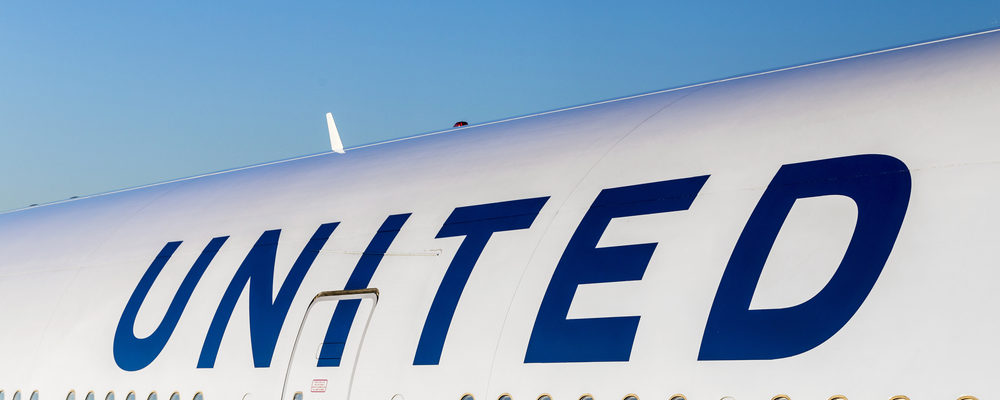To say that United Airlines have had a torrid time in the public eye recently would be an understatement. Damning video footage of passenger Dr David Dao being forcibly removed from an overbooked flight on 9 April took social media outlets by storm. But perhaps just as bad was the initial response from the carrier’s boss, Oscar Munoz. He was equivocal on security workers’ handling of the incident to the extent he actually defended them, blandly saying they had “followed established procedures”.
Munoz also questioned Dao’s character, describing him as “disruptive and belligerent”.
It was only after coverage of those remarks caused the social-media criticism to intensify – and the firm’s stock price to plunge – that Munoz offered a humbler apology, instructing his employees in a memo that “No one should ever be mistreated this way”. What possessed Munoz to defend the indefensible? And what hints does his response provide about the firm’s priorities under his leadership?
The Institute of Leadership & Management's CEO Phil James says: “It seems that Munoz was trying to skirt a fine line here between supporting the staff and blaming the customer. But any organisation that spawns a culture whereby it’s okay to publicly blame a customer for service failings is ignoring that old adage about the customer being always right. Those who are closest to the customer must be empowered to fix problems and correct service-delivery issues without the customer requiring further recourse.
“Even if Dao was vocal in his displeasure at being targeted for removal, it’s hard to understand how the situation could have got to such a state that it merited the intervention of a security guard. And the fact that any customer could be treated as ‘walking cargo’ says that there’s something terribly wrong with the organisation. Marketing guru PR Smith, who has written extensively about customer service, would argue that if you treat your customers right, all your success flows from that. Others would say that if you treat your employees well, the same principle applies. So there’s a lot to be said here for a bit of both: sound treatment of staff will be reflected in the way they treat your customers.”
For James, “this incident provides a powerful, further argument for the main advantage of a diverse workforce – that is, a greater ability to understand your customers, appreciate what’s important to them and, above all, listen to them. It really is a dreadful indictment of United Airlines that they think it’s okay to treat anyone like this. Let alone a paying customer.”
For further thoughts on best-practice customer relationship management, check out this learning item – complete with a case study – from the Institute
Image of United Airlines fuselage courtesy of Jorg Hackemann, via Shutterstock

